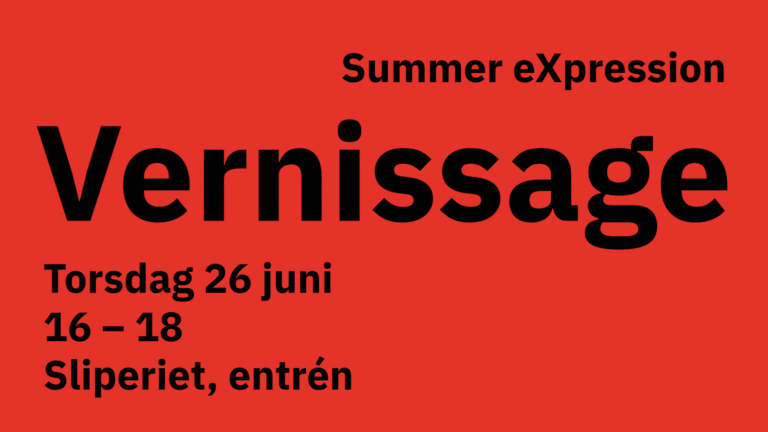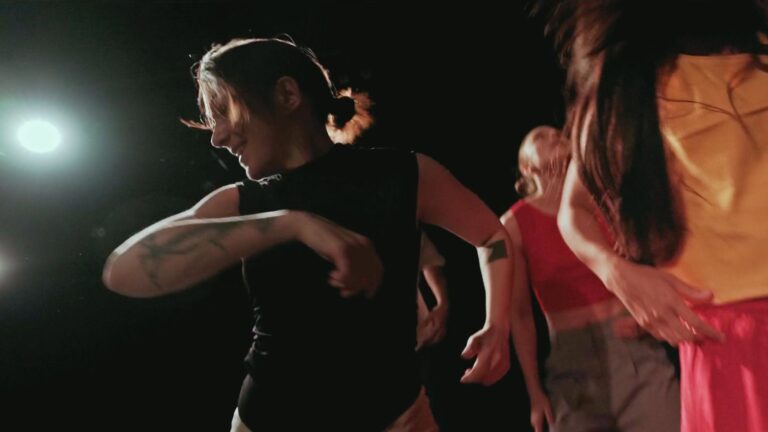Collaboration with Umeå University has been a success factor for eXpression Umeås accelerator program, Future Retail Lab. Another study is now being initiated where the incubator, together with the Department of Computer Science, will investigate owner-operated companies in retail and their approach to dark design patterns - a perspective that has been relatively unexplored so far.
With each passing day, the number of websites and applications that use technology and UX design to influence users' decision-making process under the radar increases. Systematically using these tricks falls under the concept of dark design patterns - a technology that can be used with both dubious and good intentions, but which has increasingly come under criticism. Rikard Harr from the Department of Informatics at Umeå University is now starting a new collaborative study on the topic together with his research colleague and Future Retail Lab's programme manager, Annakarin Nyberg.
We will investigate owner-driven companies in retail and their approach to dark design patterns. Today, there are a variety of ways to subconsciously control users' decision-making process. From tricking and pressuring customers into decisions to supporting them to make more informed decisions. For example, this could involve contributing knowledge about products and services to provide a better service. This is an unexplored perspective where more knowledge is needed, says Rikard Harr, researcher at the Department of Informatics, Umeå University.
In the pioneering initiative Future Retail Lab, eXpression Umeå has a unique accelerator programme for the retail and hospitality industry. One success factor is the close cooperation with researchers and students at Umeå University - where one key is Annakarin Nybergs dual roles as both a researcher in computer science and programme manager of the Future Retail Lab.
As I have my feet in both organisations, I can smoothly promote collaborative research. In other words, that scientific knowledge is taken outside the scientific community and put into practice, and that important experience and knowledge from owner-operated companies in the trade, tourism and experience industry is returned to the university. In this way, a good breeding ground for up-to-date and relevant research is created. This is an important interaction," says Annakarin Nyberg.






